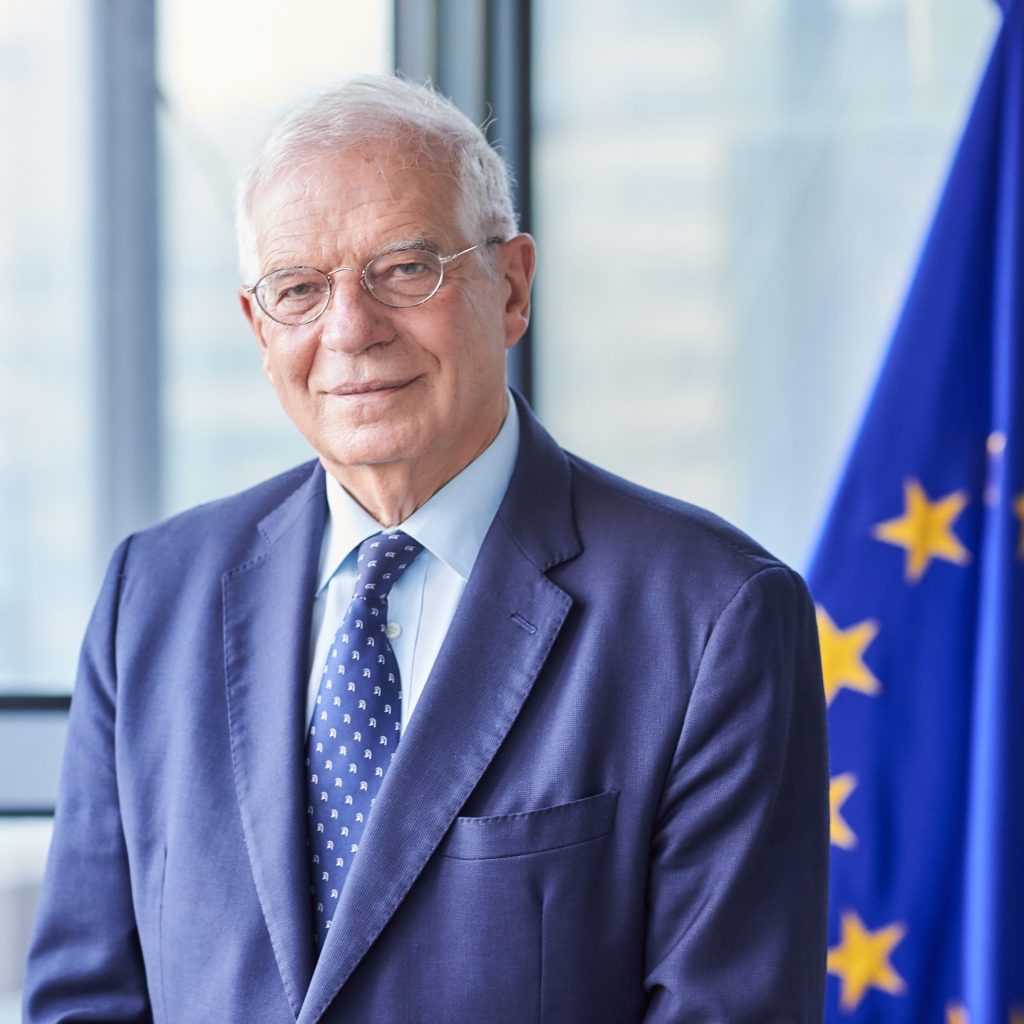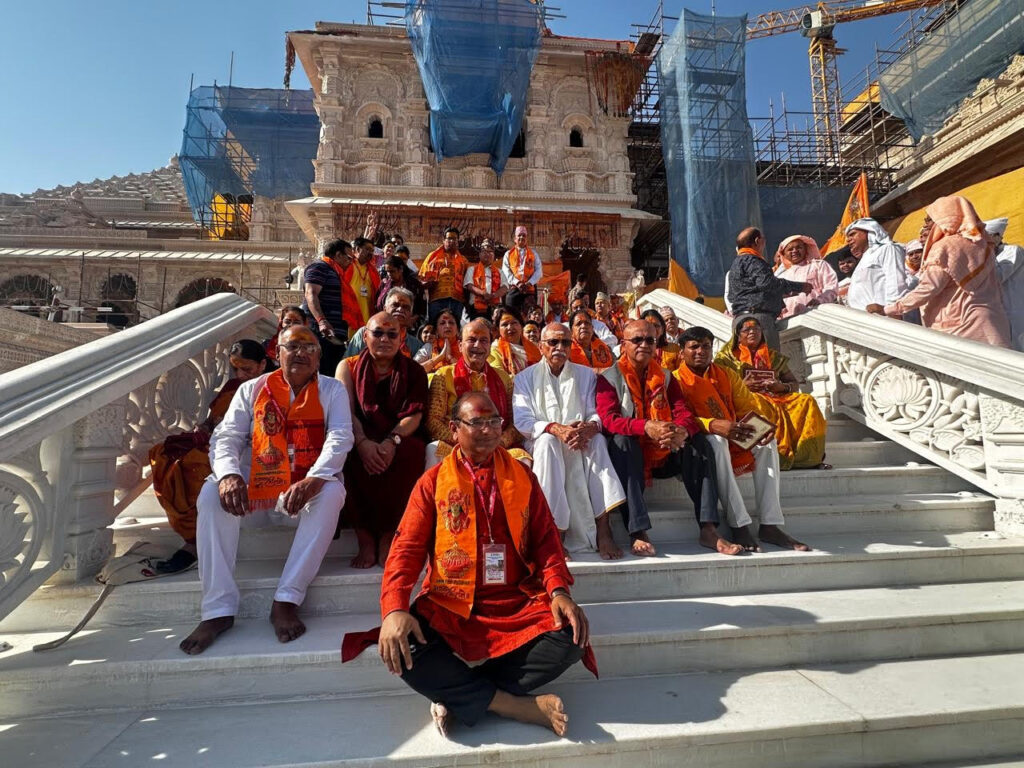
The EU High Representative/Vice President Josep Borrell/Official website of EU
Brussels: The EU High Representative/Vice President Josep Borrell raised the issue of Tibet and a number of individual cases with China.
This was his first strategic dialogue with China after assuming the post as the Chief of the Foreign Affairs of the EU. In a statement issued on June 9 in Brussels, he stated that his dialogue with his Chinese counterpart Wang Li lasted longer than expected. The virtual meeting was the 10th annual Strategic Dialogue between the two counterparts to prepare the forthcoming EU-China Summit.
His statement didn’t give any details about the issues he raised relating to Tibet. It is understandable as he had to cover the whole gamut of discussion which covered numerous areas of concerns and cases between the EU and China.
However, in the past, the EU has consistently raised and spoken about Tibet in its bilateral and multilateral dialogues and also the UN Human Rights Council. The EU Principally has called China to respect human rights and especially the religious rights of the Tibetans in Tibet. It has also called for China to respect the succession of the Dalai Lama in accordance with Tibetan Buddhism norms. It has been also enquiring about Gedhun Choekyi Nyima: his place of residence and living conditions and requesting to meet him. The EU has also raised individual cases of Tashi Wangchuck and others.
The OOT Brussels strongly believe that these were also raised in the current dialogue.
Among others, Mr Borrel also pointed out the issues which were not adequately implemented by China as agreed in the 9th Dialogue.
-Filed by Office of Tibet, Brussels
Below is the full Statement of Mr Josep Borell:
EU-China Strategic Dialogue: Remarks by High Representative/Vice-President Josep Borrell at the press conference
The meeting and discussions with the [State Councillor and] Foreign Affairs Minister of China, Wang Yi, has been longer than expected. It has been a long meeting. This was the 10th annual Strategic Dialogue between the European Union and China to prepare the forthcoming Summit.
It was my first strategic dialogue with the Foreign Affairs Minister as High Representative, but it was already our fourth opportunity for discussions since I started my mandate.
It had to be a virtual meeting, but we had an in-depth exchange. During more than three hours, we discussed a wide range of topics, reflecting the broad relations that we have. We had a very open and frank dialogue.
We first addressed our bilateral relationship, to prepare the forthcoming EU-China Summit by the end of this month of June.
We took stock of the progress made in the negotiations of our Agenda 2025 and agreed on the need to move forward on the remaining areas in which there are still concrete disagreements. I underlined the need to accelerate our work towards a Comprehensive Agreement on Investment.
In particular, I highlighted the importance of reaffirming all relevant commitments from the 2019 summit, which have not yet been adequately implemented, notably on the issue of market access, improving the level playing field, and reciprocity, where, on the European Union’s side, there are important concerns.
We want our cooperation Agenda 2025 to be mutually satisfactory and we will engage in talks in order to do so.
We will also seek to have a balanced and reciprocal approach on our cooperation, including on areas such as connectivity, which is an important issue, free trade, science cooperation, and also on media and cultural cooperation.
We expect to hold our usual Human Rights Dialogue as soon as physical meetings will resume, but nevertheless we raised a number of important human rights issues, including the situations in Xinjiang and Tibet. I also raised a number of individual cases.
Of course, I also raised the steps taken by China in Hong Kong, which risk to seriously undermine the ‘One Country, Two Systems’ principle and the high degree of autonomy of Hong Kong. I have been talking about this issue, receiving explanations from the China side, but I put on the table the need for China to take steps to de-escalate the situation and respect its international commitments and the Hong Kong Basic Law.
This was about our bilateral relations, then we have an important number of multilateral issues, in particular, the coronavirus pandemic and the international response to the crisis.
We agree on the need to continue working together on global challenges. Some of them will be even more important in the post-COVID-19 world. In particular, we need to hold on to our commitment to fight climate change and reach the objectives of the 2030 Agenda and the Paris Agreement. We will have to “build back better” – all of us. We all need to seize this opportunity to transform our economies and societies in a green and sustainable way.
We talked about non-proliferation, including the JCPOA [Joint Comprehensive Plan of Action – the Iran nuclear deal]. As coordinator for the implementation of this agreement, I expressed to my Chinese counterpart my appreciation for the support they are giving to maintain the efforts to keep this agreement in place.
As global actors, we also discussed about international and regional conflicts and the pursuit of stability in all corners of the world, from Afghanistan to Libya, from the Korea Peninsula to the Middle East and Syria. Most specifically, [we discussed] our further cooperation in and with Africa, also in particular in the framework of the effects and economic consequences of the pandemic. This cooperation could cover many areas, among them debt relief, support for the health sector and economic development.
Our strategic dialogue was a very intense and substantial meeting. China is without doubt one of the key global players. This is a fact, and China will increase its global role. We have to engage with China to achieve our global objectives, based on our interests and values. I am very happy to have had this important meeting and I hope it will contribute to the success of the forthcoming EU-China Summit.





